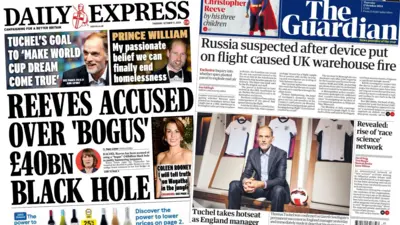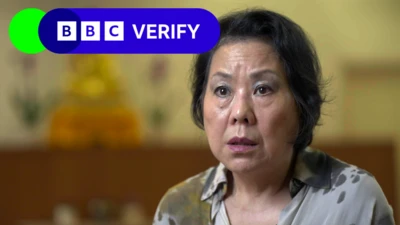We've updated our Privacy and Cookies Policy
We've made some important changes to our Privacy and Cookies Policy and we want you to know what this means for you and your data.
Heart attack fear stops Penmaenmawr council live-streaming
Image source, Google | Bellis
A town council has pulled the plug on live streaming its meetings amid concern someone could be taken ill on camera.
Councillor Denise Fisher quit Penmaenmawr Town Council in Conwy over the decision, claiming the authority was "avoiding transparency".
The council spent Β£400 on webcasting equipment in January.
But councillors made a U-turn on the decision to broadcast its meetings online following a vote.
Town clerk Martin Hanks said: "While the benefits of streaming were recognised, a number of concerns existed which included an increased chance of inadvertent breaches of data protection, or the possibility that a serious illness or accident would be in the public sphere prior to families being notified.
"Supposing someone had a heart attack? Before the family knew about it, live streaming would put it immediately in the public domain.
"Someone might be ill, or perhaps just vomit."
Mr Hanks said some councillors were also wary of trolls after "unjustified and untrue attacks", with one complaining about death threats.
Mrs Fisher, a retired university senior lecturer in mental health, said concerns about people becoming ill on camera were "nonsense".
"Streaming [meetings] would give elderly people who wouldn't want to climb the steep stairway to get to our meetings a chance to know what's going on," she said.
"I'm disappointed to be standing down but I don't feel I had a choice. I haven't been happy with a number of recent decisions by the council."
Carmarthenshire council was among the first to start streaming meetings in 2013.
It came after a local blogger tried to film a meeting from the public gallery.
The Welsh Local Government Association (WLGA), which represents Wales' 22 unitary authorities, in 2014, saying it was a way of "ensuring that the process of local government is both transparent and accessible".
Top Stories
More to explore
Most read
Content is not available








